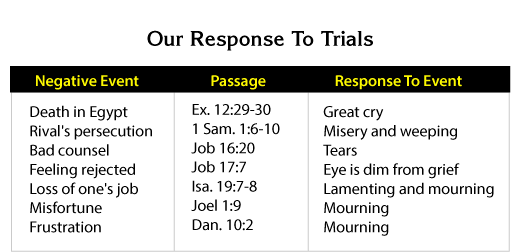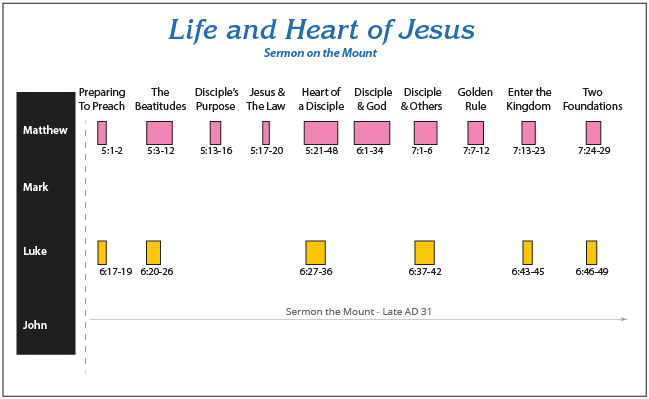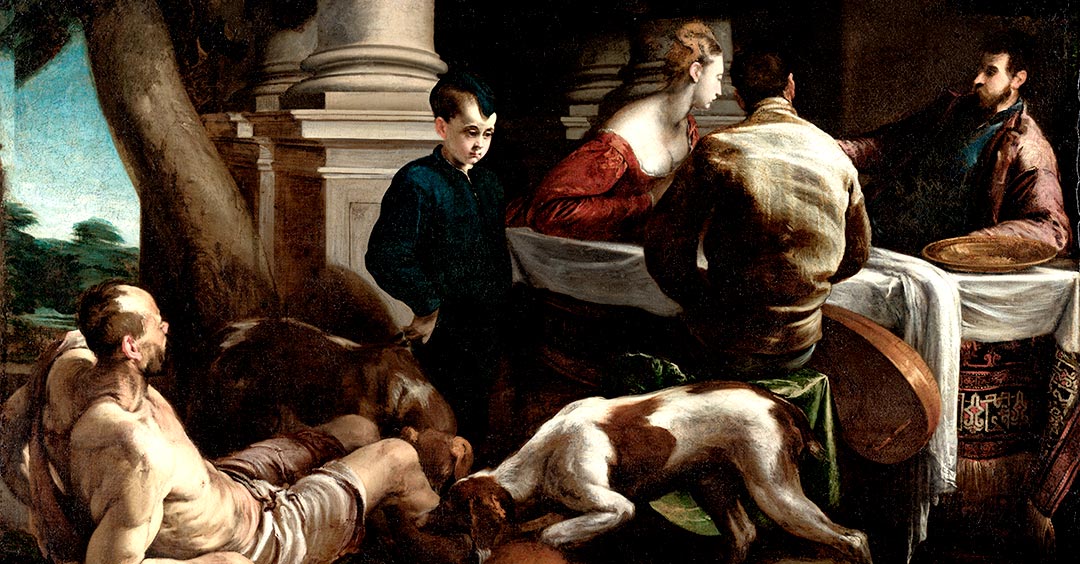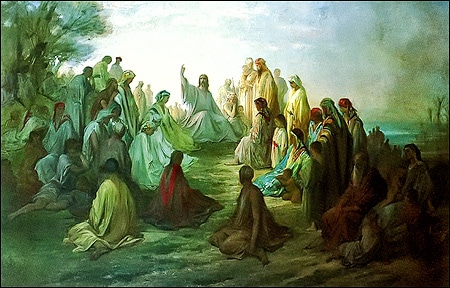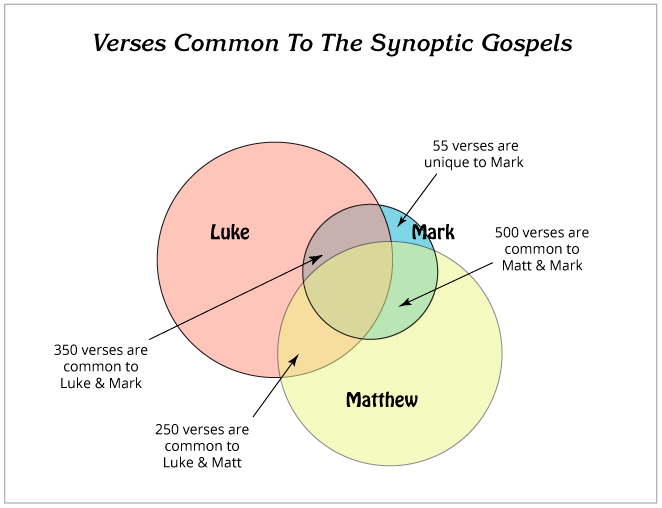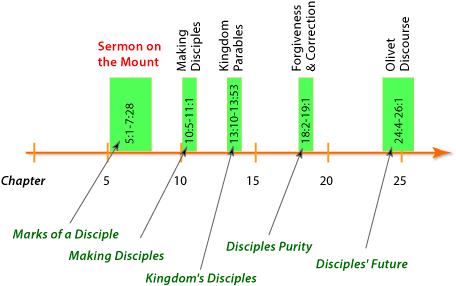The Merciful Receive Mercy

Hannah, one of Elkanah’s two wives, was weeping bitterly and in great distress. The other wife, Pheninnah, was her rival and provoked and irritated Hannah bitterly (1 Samuel 1:2-6) because Hannah could not have any children. This happened year after year, each time they went to the house of the Lord. One year as Hannah was pouring her heart out in prayer, she promised God that if He would give her a son, she would dedicate her son to Him all the days of his life and a razor would not touch his head. God was merciful to Hannah and gave her a son (1 Samuel 1:19-20). His name was Samuel. He would eventually become a judge, priest, and prophet. After her years of suffering, years of weeping and anguish, God covered over the emotional scars with tears of joy. Our God is a merciful God. Jesus’ fifth beatitude teaches us another quality of true Christians when He said,
Blessed are the merciful, for they shall receive mercy. Matthew 5:7 (NASB)
The Merciful Receive Mercy
Have you ever experienced a failure at school, at home or at work? I have, and on many occasions I would worry about what might happen to me. When I fail “big time” I find myself asking God for mercy. In this beatitude, Jesus said that I will receive mercy if I show mercy. Mercy is something that most of us want to receive. So what kind of mercy does Jesus say will be reflected in a Christian’s life?
The Greek words that Jesus used for merciful and mercy are eleemon and eleos. Eleemon is an adjective and eleos is a verb. These two words occur 29 times in the New Testament. They have essentially the same meaning. A simple meaning for these words is “to have compassion.” But the actual meaning is richer and deeper. They sometimes have the idea of showing favor to another or to have compassion plus a degree of being sorry for another person. To show mercy was like giving a gift to someone. It was sympathy for another’s misery. The Stoics considered mercy a sickness of the soul – it was unworthy for a sage. A sage should not show mercy.
The best meaning of these words is “a feeling experienced by one who is moved by the sight of another’s suffering and in a way shares in their suffering.” Everyone needs mercy at sometime in their life. If not in our younger years, then when we approach death.
Examples of Mercy
The Holy Spirit has given us many illustrations of mercy in the New Testament. In the gospel of Matthew, eleemon and eleos occur only 11 times. Two of these times Jesus tells us,
I DESIRE COMPASSION, AND NOT SACRIFICE. Matthew 9:13 and Matthew 12:7 (NASB)
Most of the time we find men and women pleading with Jesus for mercy. For example, Matthew 9:27 records,
And as Jesus passed on from there, two blind men followed Him, crying out, and saying, “Have mercy on us, Son of David!” And . . . the blind men came up to Him, and Jesus said to them, “Do you believe that I am able to do this?” They said to Him, “Yes, Lord.” Then He touched their eyes . . . Matthew 9:27-29 (NASB)
Here Jesus responded to the cry of these two blind men. They asked for mercy, eleos, and Jesus gave them sight.
The next time eleos occurs is in Matthew 15:22. We are told,
And behold, a Canaanite woman came out from that region, and began to cry out, saying, “Have mercy on me, O Lord, Son of David; my daughter is cruelly demon-possessed.” Matthew 15:22 (NASB)
Eleos occurs again in,
Lord, have mercy on my son, for he is a lunatic, and is very ill; for he often falls into the fire, and often into the water. Matthew 17:15 (NASB)
And again,
And behold, two blind men sitting by the road, hearing that Jesus was passing by, cried out, saying, “Lord, have mercy on us, Son of David!” Matt 20:30-31 (NASB)
The New Testament never tells us that bankers, politicians, doctors or the religious leaders asked Jesus for mercy. They did not think they had needs. Those who asked for mercy were those who could not help themselves: four blind men, a demon possessed daughter and a lunatic son. Yet, Jesus showed mercy to others as well: to an adulterous woman, a woman at a well, to lepers and to a Roman soldier whose ear was cut off. God often shows mercy to those who suffer.
Examples of God’s Mercy
Luke 1:50 says that God shows mercy to those who “are fearing Him.” There are some people in this world who do not really care if there is a God until they are in real trouble and then they reach out to God for mercy. God’s major act of mercy is forgiving the sins of spiritually blind men and women.
None of us can help ourselves in this life! We are born spiritually blind and there is nothing that we can do to please God. Romans 3:11-12 says that no one seeks for God and no one can do anything to please God. We are all going to hell (John 3:18-20). Titus 3:5 tells us that God saves us not because of any good deeds we do, but because He is merciful. You see we cannot help ourselves, yet He chooses to show Christians mercy. There is nothing here for which Christians can boast. This is God’s big act of mercy.
For Christians, God continues to show us mercy at times of great personal need but not usually when we want it. Why? Hebrews 4:16 explains. It tells us to draw near to God so,
. . . that we may receive mercy and find grace to help in time of need. Hebrews 4:16 (NASB)
Did you notice that we are told Christ “helps” in “time of need?” The Greek word used for “help” occurs only two times in the New Testament – here in Hebrews 4:16 and in Acts 27:17. Acts 27:17 gives us the best sense of its meaning. You will not see the English word “help” in the verse because the word is translated as “cables,” or “ropes.” “Ropes” were used to keep a boat from breaking apart in the terrible storm. The boat in Acts 27:17 was in danger of sinking, so the sailors took the boat into a port and lashed it with cables. When we apply the meaning of this word to Hebrews 4:16, it helps us understand that when God helps us, He wraps us with ropes to help us go through a problem. He does not take necessarily us out of our problem but helps to bring us through it.
The English phrase “in time of need” is translated from the Greek word eukairia. This is another very unusual Greek word and it only occurs here in Hebrews 4:16 and one other place, Mark 6:21. In Mark 6:21, King Herod held a birthday party. We are told this occurred on a “strategic” day. We could say at the opportune time.
You may ask, “What kind of help does Jesus offer?” The answer is that He hurries to help us through our difficult times at just the strategic or the right time. He does not necessarily help us at the time we want. He may leave you blind for awhile. He may leave you in pain for awhile. He may let you suffer. He may allow your marriage to struggle or leave you childless, like Hannah, for a while. He does this because He wants us to grow spiritually (James 1:2-8). But at the right time – at the best time – He will heal your eyes, relieve your pain or heal your marriage. God is in the business of healing broken hearts. We do not deserve what we receive from Him. He is merciful.
Now It Is Your Turn
Are you merciful? Is there someone in your life who is suffering and needs help? Someone who cannot help him or herself? If you know of someone, you can show them mercy.
Did you know that God even wants you to show mercy to your animals? Proverbs 12:10 says,
A righteous man has regard for the life of his animal,
But even the compassion of the wicked is cruel. Proverbs 12:10 (NASB)
God says the wicked are cruel but not the righteous. God cares about how we treat our animals.
Mercy for the poor is another passion of God. Prov. 14:21, 31 says,
He who despises his neighbor sins,
But happy is he who is gracious to the poor.
Proverbs 14:21 (NASB)He who oppresses the poor taunts his Maker,
But he who is gracious to the needy honors Him. Proverbs 14:31 (NASB)
When you see a poor person on the street, at a store or near your home, how do you respond to him/her? God cares more for the poor than many Christians do. As a Christian, you have one of two choices: to show mercy or not to show mercy. If you always have a reason for not showing mercy, then James 2:13 has a message for you,
For judgment will be merciless to one who has shown no mercy; mercy triumphs over judgment. James 2:13 (NASB)
Summary
We have seen in our previous studies that the beatitudes describe a true Christian. This beatitude also describes a true Christian. Believers are merciful. Are you merciful?



 Copyright © Like The Master Ministries. All Rights Reserved.
Copyright © Like The Master Ministries. All Rights Reserved.